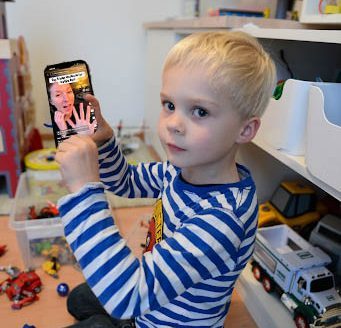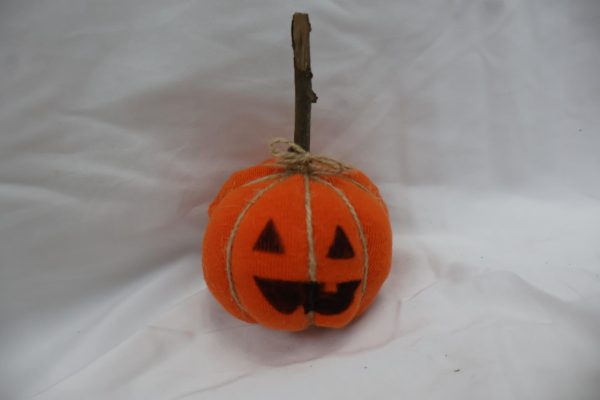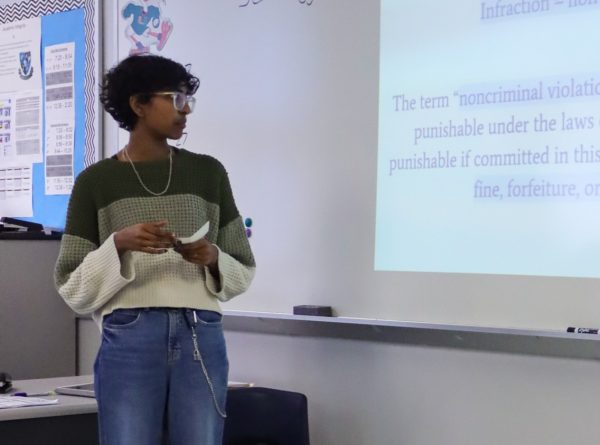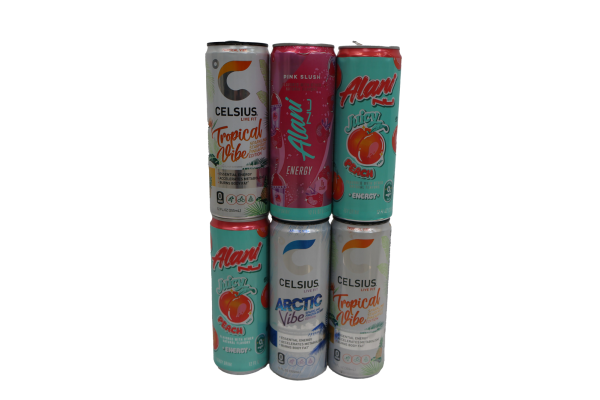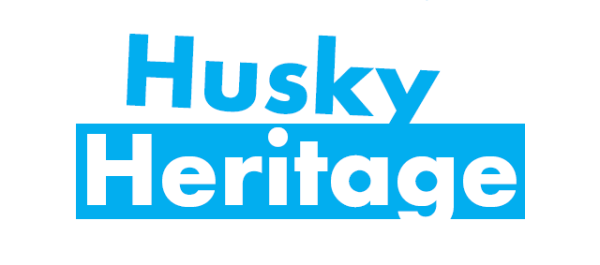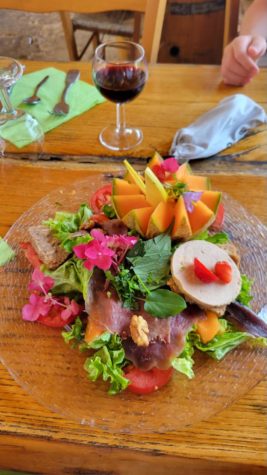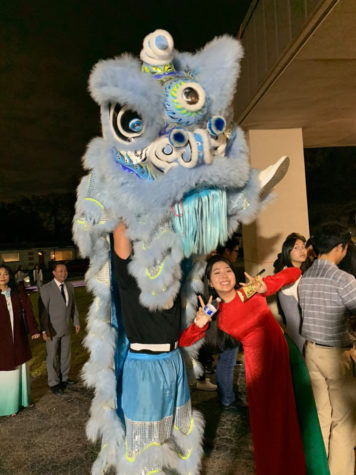Husky Heritage: Fatimaalzahra Al Lebban
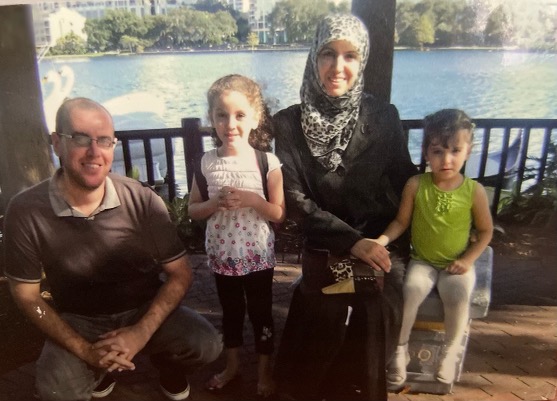
photo by Fatimaalzahra Al Lebban
Al Lebban and her family at Lake Eola Park in the first month of being in the U.S. Although it was initially hard to leave her family behind, Al Lebban continues to celebrate her culture through various Middle Eastern traditions.
For many Americans, Iraq is a country afflicted with war, destruction and dictators. But for freshman Fatimaalzahra Al Lebban, Iraq is, and always will be, home.
Al Lebban was born in Najaf, Iraq, before her family moved to the U.S. when she was two. She returned to Iraq for a few months when she was 10 years old, but has spent the majority of her life growing up in the U.S. She still visits the country on summer trips, though has not visited in recent years due to COVID-19. However, she still holds emotional ties to Iraq.
“It was really hard moving from Iraq, just because my whole family was there and I was just really sad for the first couple of months,” Al Lebban said.
Today, Al Lebban continues to celebrate Middle Eastern traditions and holidays like Eid al-Fitr and Nowruz. Eid al-Fitr, celebrated in the end of April, is a Muslim holiday that marks the end of Ramadan, the Islamic holy month of fasting. The celebration is typically marked with lots of food and desserts, as well as prayer and charity.
“[Eid is] about religion and connecting to God, but it is also about the community coming together for prayer and celebration,” Al Lebban said.
Nowruz, on the other hand, is an Iranian tradition passed down by Al Lebban’s mother, who is half-Iranian. The holiday marks the beginning of the Persian new year and the first day of spring. Back in Iraq, Al Lebban’s family practiced the tradition of Haft-Seen, or putting seven symbolic objects together on a table. Since moving to America, Al Lebban’s family does not celebrate it as much, but she still has fond memories of the holiday.
“My grandma usually made a table with items that start with the Arabic letter ‘seen’ and painted eggs with us. [Nowruz] is about family and celebrating the upcoming year. Some of the items on the table are meant to represent things that you wish for in the future and in the new year that comes,” Al Lebban said.
Other differences Al Lebban noted in culture were in the way men and women were perceived, and the clothing rules they had to follow. Recently, Iraq’s neighbor, Iran, has made international news with the Mahsa Amini protests, with many women protesting Amini’s death at the hands of morality police who beat her because she was not wearing a hijab. Al Lebban acknowledges there is more of a gender rights gap in the Middle East than in America, but says Iraq’s rules are much more lenient compared to Iran’s.
“In Iraq, women have freedom over their hijab; it’s just in some neighborhoods, it’s culturally expected of someone to wear it,” Al Lebban said.
Despite that, women continue to face barriers to equal rights, a fact Al Lebban’s family experienced firsthand.
“Men and women aren’t as equal as they are here,” Al Lebban said. “Like my aunts, when they try to search for a job and work, they get rejected even though they have the highest credentials.”
However, Al Lebban notes large cultural differences depending on the city. While the smaller, rural cities are more conservative and restrictive, requiring women to cover themselves with hijabs, urban cities like Baghdad are more lax, with many women in all types of dress.
“I’d probably be looked down on if I wore shorts and a T-shirt [in the rural cities] but in Baghdad, you could wear whatever you want. It’s really diverse,” Al Lebban said.
Although Iraq has been marked with conflict and political instability in recent years, Al Lebban’s life has not been significantly affected by it. She feels her attitude towards those affected by war differ from the average person because of her personal experiences.
“I feel more empathetic towards people who I see on the news because my mom had to move around a lot because of war and it affected her childhood,” Al Lebban said.
Your donation will support the student journalists of Hagerty High School. We are an ad-free publication, and your contribution helps us publish six issues of the BluePrint and cover our annual website hosting costs. Thank you so much!

